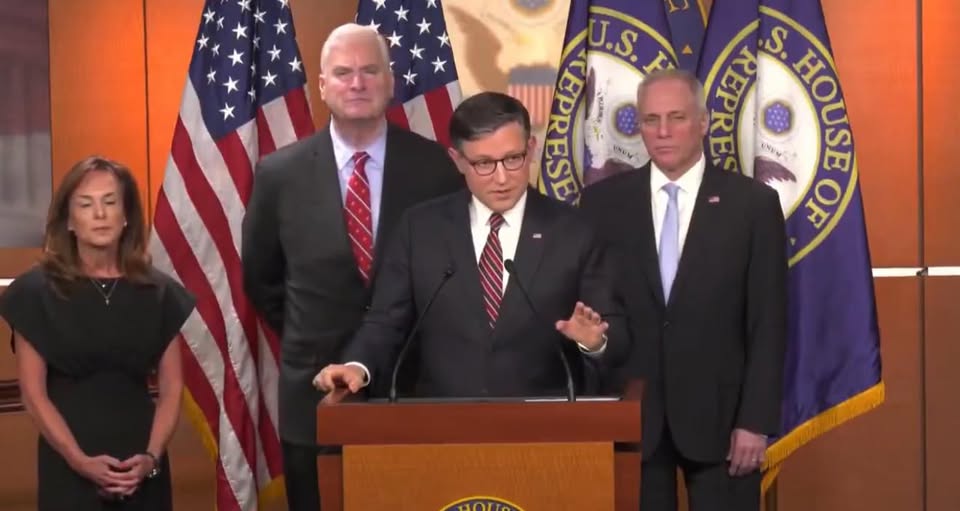
WASHINGTON — The U.S. House passed the SAVE Act on Thursday, a bill mandating proof of U.S. citizenship to register to vote. Aimed at strengthening election security, the legislation has sparked heated debate over voter access and the integrity of American elections as it heads to the Senate.
The SAVE Act seeks to address concerns about non-citizen voting by requiring concrete proof of citizenship—such as a passport or birth certificate—during voter registration. Federal law already prohibits non-citizens from voting, but registration often relies on self-attestation. Supporters argue the bill will prevent fraud and boost public trust in elections. “Only Americans should decide our elections,” a House GOP aide said anonymously.
The bill’s passage reflects Republican priorities in a polarized climate, aligning with the Trump administration’s “America First” agenda, seen in recent moves like tariffs and Senator Mike Lee’s USAID funding shift. The GOP-controlled House voted largely along party lines, capitalizing on voter fraud concerns that have persisted since 2020, despite little evidence. A 2014 Loyola Law School study found just 31 credible cases of non-citizen voting out of over 1 billion votes cast.
Critics, however, warn the SAVE Act could disenfranchise eligible voters. Many Americans, particularly low-income or minority citizens, lack easy access to citizenship documents. As of 2023, only 46% of Americans had a passport, and birth certificates can be costly to obtain. “This is voter suppression dressed as security,” said Maria Torres of the Democracy Now Project, noting the law could hit marginalized communities hardest, reducing turnout.
The bill also poses logistical hurdles. States would need to revamp voter registration systems and train poll workers, a costly and complex process. In states with large immigrant populations, like California, the requirement might create confusion or fear among legal residents. Critics question the bill’s necessity given the rarity of non-citizen voting.
The SAVE Act’s future is uncertain. It faces a tough road in the Senate, where Democrats may block it if they hold a majority or can sway moderates. If passed, legal challenges are likely, with voting rights groups poised to argue it violates the Constitution’s Equal Protection Clause and federal voting laws, potentially escalating to the Supreme Court.
For now, the SAVE Act has deepened the divide over election integrity. Supporters see it as a crucial safeguard; opponents view it as a barrier to democracy. Amid economic strain from recent tariffs and debates over federal spending, the bill highlights a broader question: who gets to vote in America? The Senate’s decision will be pivotal in answering that.


